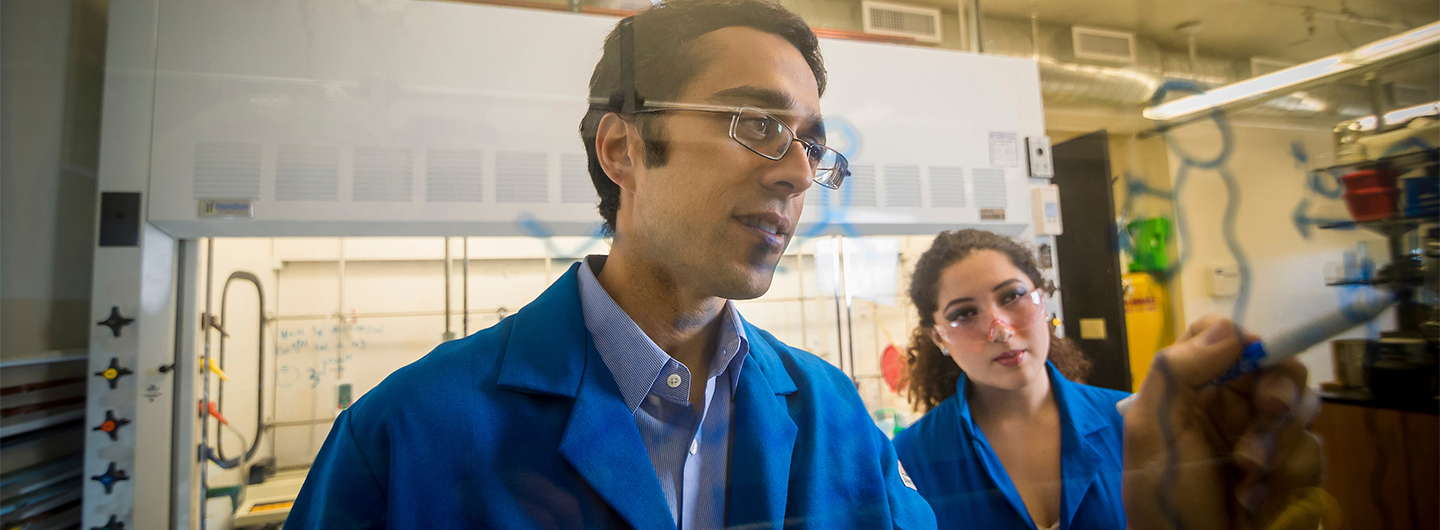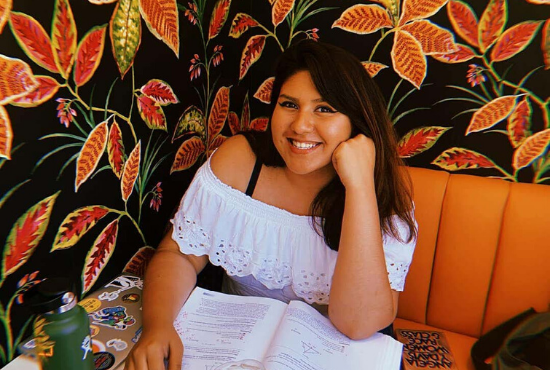When considering research programs or other research opportunities, it is important to know your wants, needs, and eligibility. Below are a list of questions to think about and answer to help you when you start researching, narrowing down, and applying to opportunities. Consider current and future interests when answering the questions.
- Why do you want to do research?
- What goals do you have in mind (e.g. gain technical skills, gain experience for medical school applications, etc.)?
- What skills do you want to gain?
- What skills do you have to offer?
- Where do you want to do research?
- UC San Diego
- Other university
- Out-of-state
- Abroad
- When do you want to do research?
-
- Academic year and/or summer?
- Which quarter(s)?
- How many experiences do you want to complete?
- How much time do you have to commit to research?
- What other time commitments do you have in your life?
- What type of compensation are you willing to accept?
- Pay as an employee
- Scholarship/stipend
- Research/class credits
- Co-curricular record
- Other
- None
- What field(s) do you want to do research in?
- Do you want to do research individually or with a group? (This often, but not always, depends on the field/professor).
- Do you want to work on your own project or a professor/PI's project? (This often, but not always, depends on the field/professor).
- What are your key demographics and characteristics (these can impact eligibility or preference)?
- Citizenship
- Race/ethnic identity
- Family income
- Major
- Student status (number of course units you have)
- Career goals
- Education goals (bachelor's, master's, doctorate, medical school, etc.)
- Are you a first-generation student? (your parent(s) didn't earn a 4-year degree)
The information below is based on common experiences of our students; however, some students have converse experiences. Use the information to guide your pursuit of conducting undergraduate research, but understand that your experience may be different.
Arts, humanities, and social sciences
For arts, humanities, and social sciences (e.g., music, literature, sociology) students, it is common to work with a professor individually, whether through a formal opportunity/program or through volunteering. Our information on finding a mentor can help you find a faculty member to work with.
In these fields, it can be easier to pursue your own research project.
In addition to the research opportunities listed above, you may be able to
- Volunteer for a professor with similar research interests
- Ask a professor if you can do research for 199 credit (without a formal program)
Engineering, life sciences, and physical sciences
For engineering, life sciences, and physical sciences (e.g., engineering, biology, physics) students, it is common to work in a lab / with a research group on a ongoing project, whether through a formal opportunity/program or through volunteering.
In addition to the research opportunities listed above, you may also want to
- Visit research group / lab's website
- Look for undergraduates listed (this indicates that they are open to working with undergraduates)
- Reach out to an undergraduate and/or graduate student to learn details about this research group
- Find contact information for this research group and contact them about opportunities
Consider multiple options! Don't limit yourself to one program. You can apply to multiple options at a time and can participate in different options throughout your undergraduate career.
Important! After you decide on the opportunities that you want to consider, research what is required to apply.
- How they align with your answers to the questions in the "things to consider" list above
- Eligibility
- Requirements
- Application due dates
- Application documents (e.g. personal statement, letter of recommendation, transcripts)
- Application processes
- Research group requirements and expectations (if applicable)

